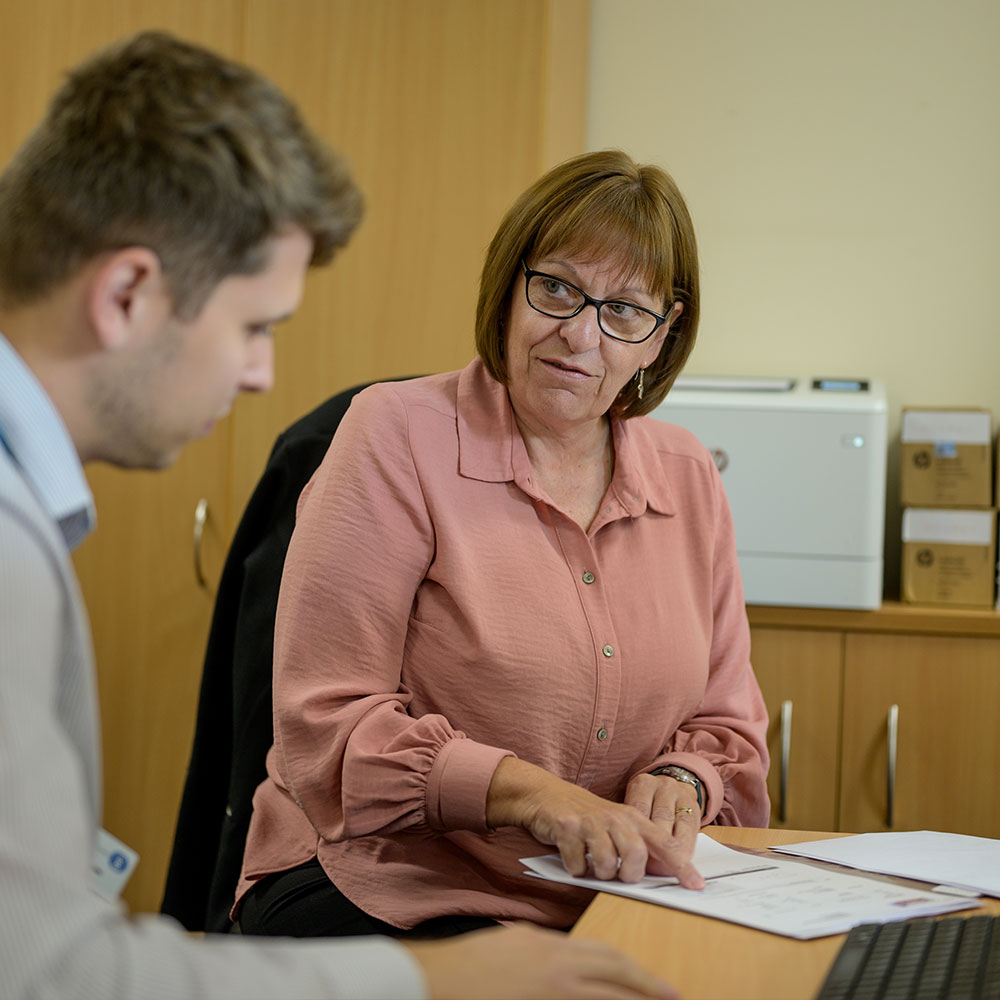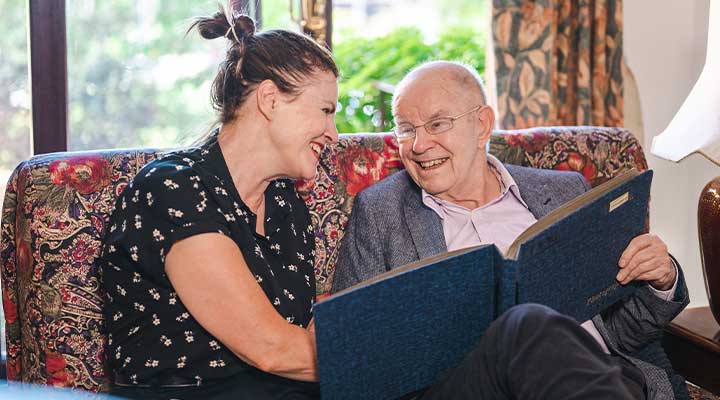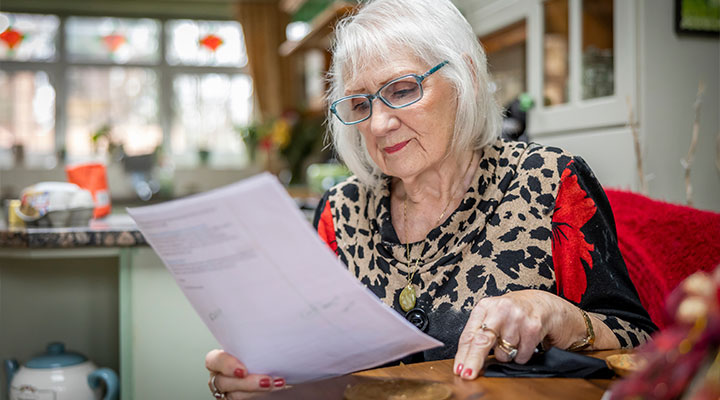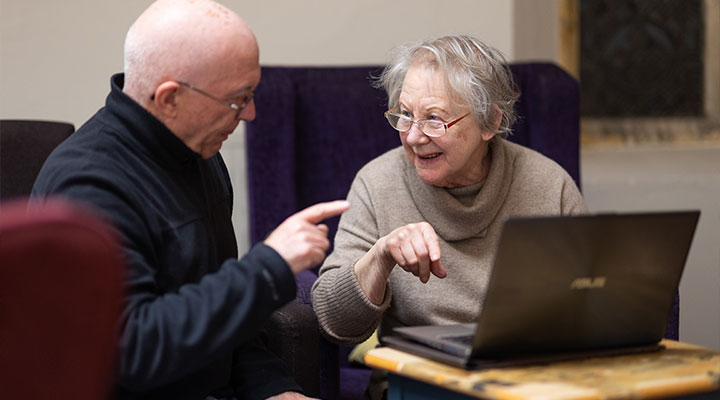Being prepared for the eventuality that one day the person you support may not be able to make their own decisions can give both you and the person you care for peace of mind.
If the person you look after currently makes their own decisions but needs help to manage their affairs, they can apply for Power of Attorney for you and/or somebody else.
What is Power of Attorney?
Power of Attorney is a legal document where one person (the donor) gives another person (the attorney) the right to make decisions on their behalf. If a person wants someone to act on their behalf in financial or medical decisions, they will need to give Power of Attorney over their affairs to that person.
A person can only set up a Power of Attorney while they still have the ability to weigh up information and make decisions for themselves, known as ‘mental capacity’ – so it is worth putting one in place early on.
Lasting Power of Attorney (LPA)
Lasting Power of Attorney is the most common form of Power of Attorney. It is ongoing with no expiry date and allows a person to make decisions on someone else’s behalf. This can take effect immediately – meaning the attorney will have the power to act for the other person straight away – or be effective from when they lose mental capacity. An LPA must be registered with the Office of the Public Guardian.
The Lasting Power of Attorney can be cancelled at any time. A Lasting Power of Attorney can be cancelled by the Court of Protection if an attorney does not act in a person’s best interests. For example, making excessive ‘gifts’ to others or themselves.
There are two different types of Lasting Power of Attorney:
- Health and welfare
Gives the attorney the power to make decisions about medical care, life-sustaining medical treatment, moving into a care home and decisions about the donor’s daily routine.
- Property and financial affairs
Gives the attorney the power to make decisions about property and money, paying bills, managing a bank or building society account, collecting the donor’s pension or benefits and if necessary, selling their home.
Choosing an Attorney
An attorney must be 18 years old or over and could be a friend, relative, partner, husband, wife or a professional (for example, a solicitor). The attorney must also have the mental capacity to make their own decisions.
A donor can appoint more than one attorney, which can be done in two ways:
- Attorneys appointed to act together (joint attorneys) – this means they must always act together
- Attorneys appointed to act together and independently- this means that the attorneys can act independently.
How to set-up a Lasting Power of Attorney
It is recommended that both a property and financial affairs LPA and a health and welfare LPA are set up at the same time.
Online applications for Lasting Power of Attorney can be made on https://www.gov.uk.
For an application pack contact the Office of the Public Guardian
Telephone: 0300 456 0300 or by post:
Office of the Public Guardian
PO Box 16185
Birmingham B2 2WH.
It may be possible to get legal aid for issues with personal welfare LPA, but not for property and financial LPAs.
The Law Society can help you find a suitable solicitor: www.lawsociety.org.uk, telephone: 020 7242 1222.
Before a Lasting Power of Attorney comes into force, it needs to be registered on www.gov.uk by either the donor or the attorney.
There is a fee for submitting an application for each type of Lasting Power of Attorney.











